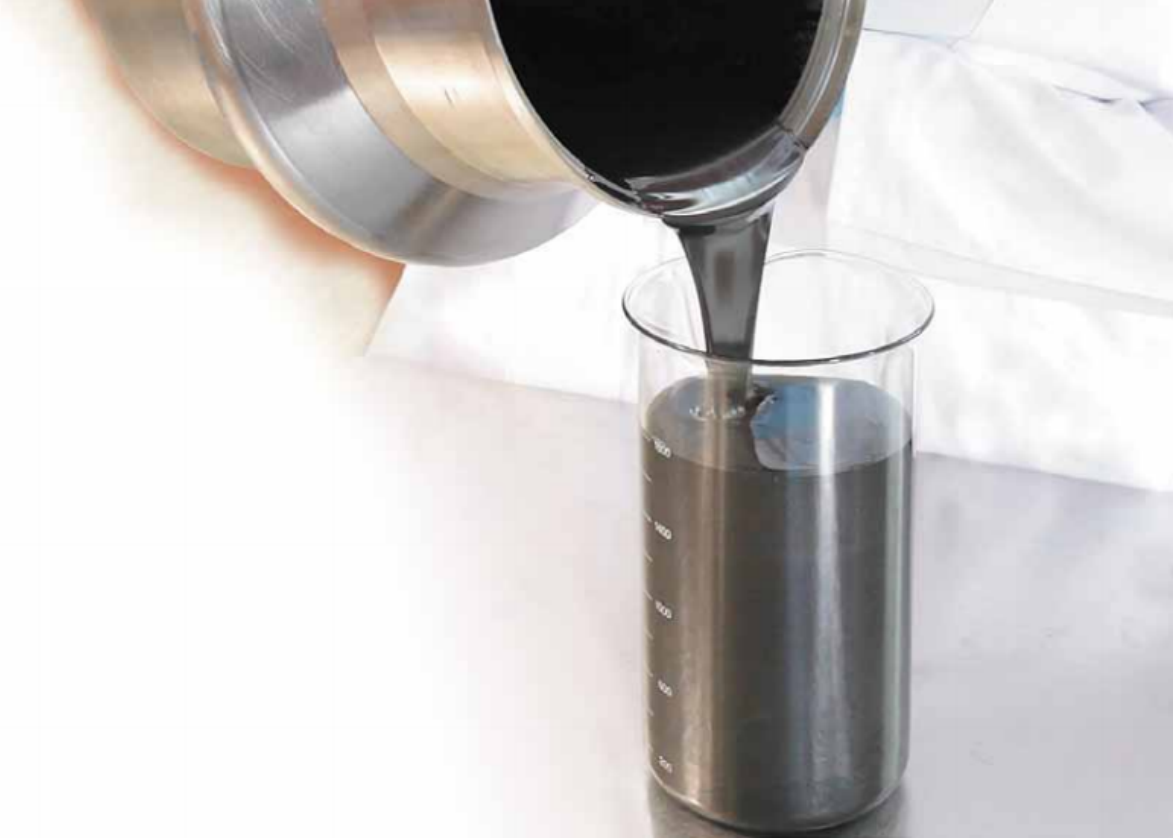The preparation of battery slurries is one of the most complex and demanding tasks in hybrid technology. Correct preparation technology is a major prerequisite for the manufacture of advanced battery systems with high energy density, durability and safety. Based on its unique mixing principle and through long-term cooperation with well-known enterprises, universities, and research institutions, Envisen focuses on technological innovation in mechanical equipment and factory design, providing first-hand solutions for high-standard raw material preparation tasks.
Advantages of Envison preparation technology:
One device completes all steps
Excellent wet and dry dispersion
Adhesive is evenly distributed without delamination
Extremely short slurry preparation time
Electrode efficiency is higher
Flexible and compact system
The unique working principle of Envisen Mixing runs through the entire process, from raw material preparation and mixture system preparation to the particle design of different types of electrical energy storage systems. We provide incredible possibilities for the entire process.
Under normal circumstances, the process chain is composed of multiple equipment. Envison technology can integrate this complex and expensive process chain into a single process equipment.
An outstanding feature of Envisen's special mixing principle is the flexible adjustment of energy input, so that the raw materials are evenly dispersed in the beater. In the past, additional grinding systems were required to achieve this effect. Envison vacuum pulping technology can now significantly improve mixing uniformity even when using ultra-fine raw materials.
Open in Google Translate
Using Envision's unique mixing principle, many related steps in the production of positive and negative electrode raw materials and even separator production can be successfully completed, such as:
Wetting/coating liquids containing water, solvents and/or binders on the particle surface
Vacuum technology - dry dispersion of ultra-fine raw materials and nano-sized particles to produce mixtures with optimal mixing uniformity
Coating solid particles on the surface of dry/wet particles
Melted coating of particle systems in the temperature range 35-260 C
Fiberization of polymer materials such as PTFE and PVDF (dry/wet)
Dry mixing/homogenization of cathode materials for subsequent calcination
Cathode raw material agglomeration/granulation for active material synthesis, such as: solid-state electronic systems, carbothermal reduction to produce graphite: using EIRICH's patented electric induction heating system, the mixture is heated to up to 260°C, through carbon and Strong kneading of solid/liquid asphalt to produce graphite





